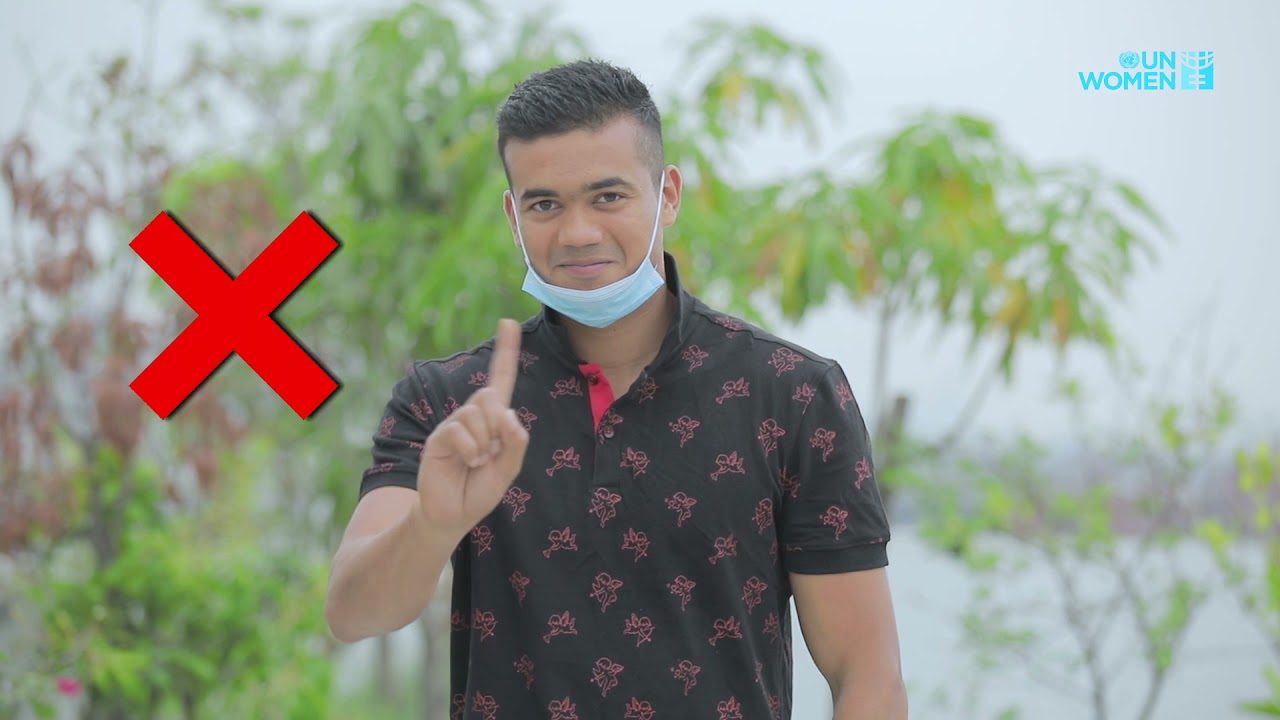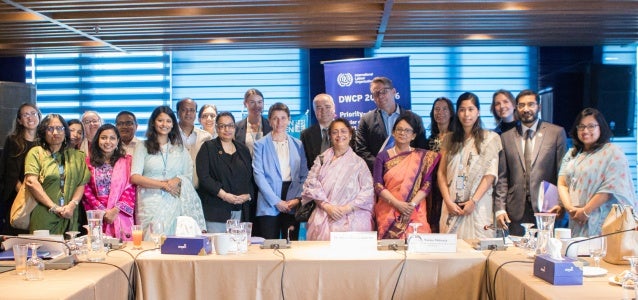
UN Women Bangladesh
Established as a secular people’s republic in 1971, Bangladesh is the most densely populated country in theworld with a population of approximately 160 million. Bangladesh acceded to CEDAW in 1984 and continues to maintainreservations to Articles 2 and 16(1c). The Constitution recognizes equal rights for women and men in the publicsphere and there is a reasonably strong legal and policy framework guaranteeing women’s rights. The NationalWomen's Development Policy 2011 and its National Action Plan provide a base for government action to promote genderequality, and the 7th 5-year plan integrates gender equality issues across a number of sectors with some newsectoral policies addressing gender issues effectively. Currently, gender responsive budgeting is institutionalizedacross 43 ministries.
The country is internationally recognized for its good progress on a number of gender indicators. These includegender parity in primary and secondary education and maternal mortality that has declined by 66 per cent over lastfew decades, estimated at a rate of 5.5 per cent every year1.Bangladesh ranks highest in the Gender Gap Index in South Asia achieving 47th among 144 countries in theworld2.However, significant gaps remain. The rates of violence against women remain high. Almost two out of three (72.6 percent) ever-married women in Bangladesh have experienced some form of partner violence in their lifetime, and morethan half (54.7 per cent) have experienced it in the last 12 months3. Women are alsodiscriminated against in family life. In Bangladesh, marriage, divorce, custody of children, maintenance andinheritance are subject to religious law and these ‘personal laws’ often discriminate against women.
In July 2015, Bangladesh crossed the threshold to lower middle-income country (MIC). In March 2018, the country wasrecommended for LDC graduation, and is working towards officially graduating from LDC status by 2024. Much of thisgrowth has been driven by a rapidly expanding industrial sector, in particular ready-made garments (RMG) whichaccounts for more than 80 per centof Bangladesh’s exports. Macroeconomic priorities of the government includeincreasing domestic revenue (Bangladesh has the lowest tax/GDP ratio in the world at about eight per cent),expanding and diversifying trade (FDI/GDP is less than one per cent), strengthening infrastructure and energyprovision, and developing a more skilled workforce4.According to Bangladesh Bureau of Statistics, the labour force participation rate in 2015-2016 was 81.9 per cent formales and 35.6 per cent for females. Of these, 95.4 per cent females and 82.3 per cent male are in informalemployment as wage labourers, self-employed persons, unpaid family labour, piece-rate workers, and other hiredlabour.
Bangladesh has a significant history of women organizing movements to claim their rights. Over the years,women’s groups have mobilized themselves and made sure their voices are heard in various issues, starting fromviolence against women, gender equality in securing economic opportunities and participation, equal representationin politics, reproductive rights, family law reforms and gender mainstreaming in public policies.
Against this backdrop, UN Women in Bangladesh’s is working with its government and civil society partners inthe following areas:
- Income security, decent work and economic autonomy for women
- Women live a life free of violence
- Governance, national planning and budgeting for gender equality
- Women and girls contribute to and benefit equally from sustainable peace and resilience, prevention of natural disasters and conflicts, and humanitarian action
In videos
In photos
UN Women Cox's Bazar
UN Women helps secure lives of safety and dignity for women and girls in Rohingya refugee camps in Cox’s Bazar, Bangladesh. Learn more ▶
Featured publications
Charter of Demand
Strengthening Intergenerational and Inclusive Women’s Movement in Bangladesh
This is a crucial document that represents a collective voice, uniting women from different backgrounds and generations who face multifaceted challenges and are deprived of certain opportunities ... Read more
Manual for Inclusive and Sustainable Reintegration of Returning Migrant Workers in South Asia
The manual is meant to support primarily policymakers, practitioners and service providers who can advocate for and enhance a whole-of-government and whole-of-society approach in developing and implementing reintegration policies and practices in a coordinated manner ... Read more
UN Women Bangladesh Newsletter | July -December 2023
The semi-annual UN Women Bangladesh Newsletter: July-December 2023 reflects on the key highlights and major updates of UN Women Bangladesh’s interventions to advance gender equality and women empowerment in the country ... Read more
UN Women Bangladesh Newsletter | Jan-June 2023
The semi-annual UN Women Bangladesh Newsletter: Jan-June 2023 reflects on the key highlights and major updates of UN Women Bangladesh’s interventions to advance gender equality and women empowerment in the country ... Read more
Advocacy Messages for Humanitarian Coordination Task Team (HCTT)
An initiative of the Gender in Humanitarian Action Working Group (GiHA) Bangladesh co-chaired by UN Women Bangladesh and the Department of Women’s Affairs of the government of Bangladesh ... Read more
Featured video
Bangladeshi National Cricketer Taskin Ahmed shows how to wear a mask properly.
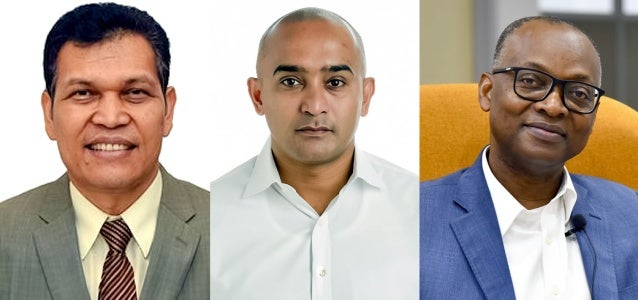
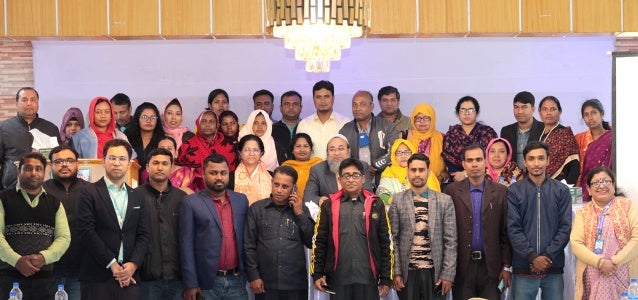
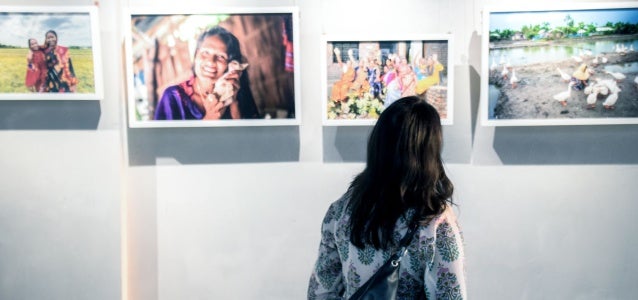
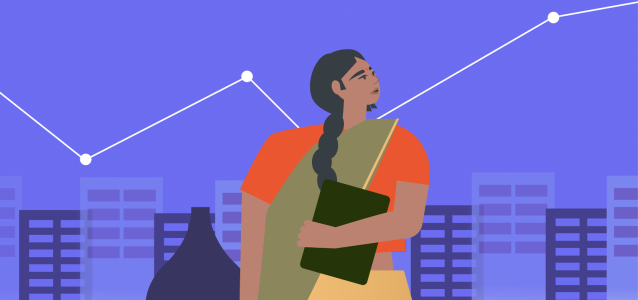
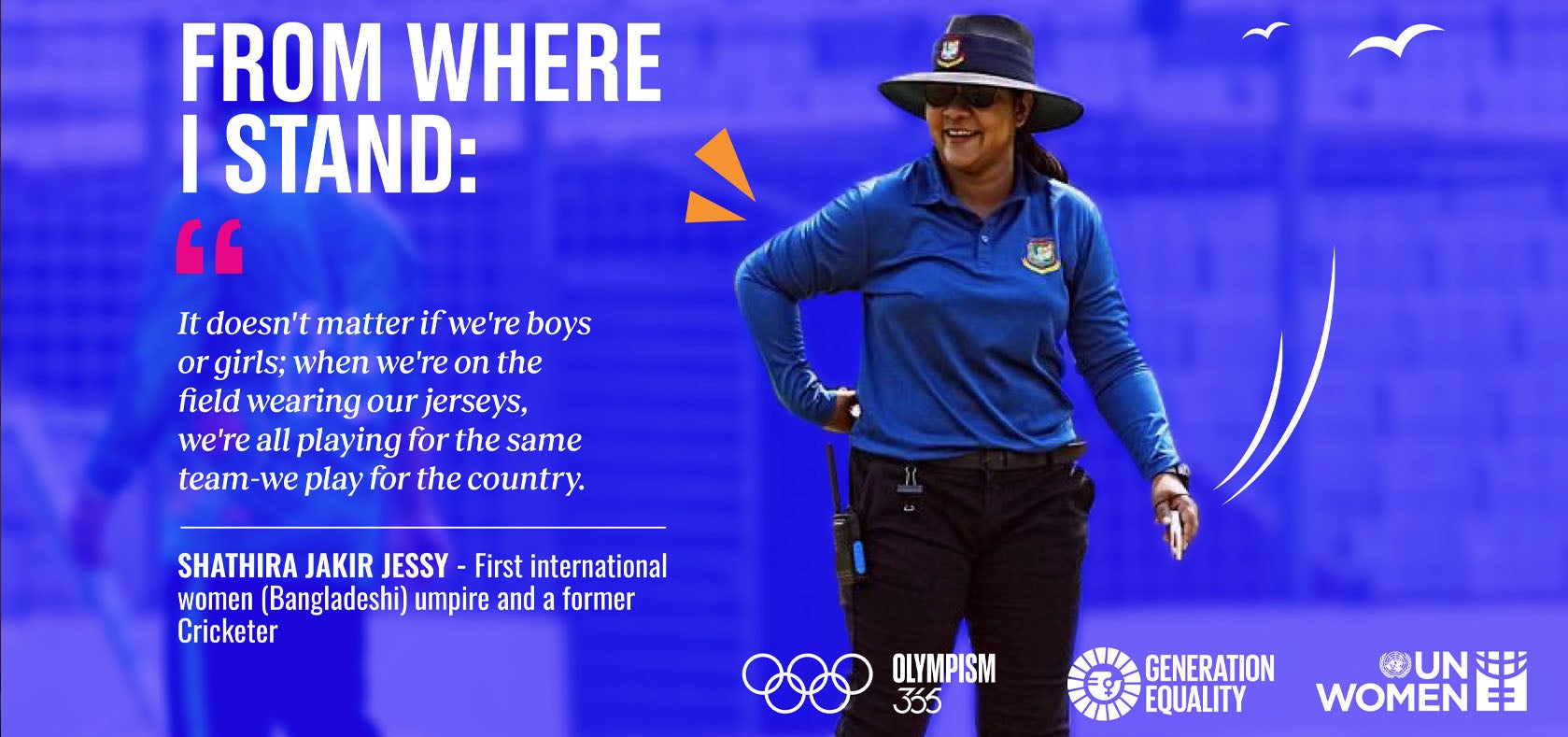
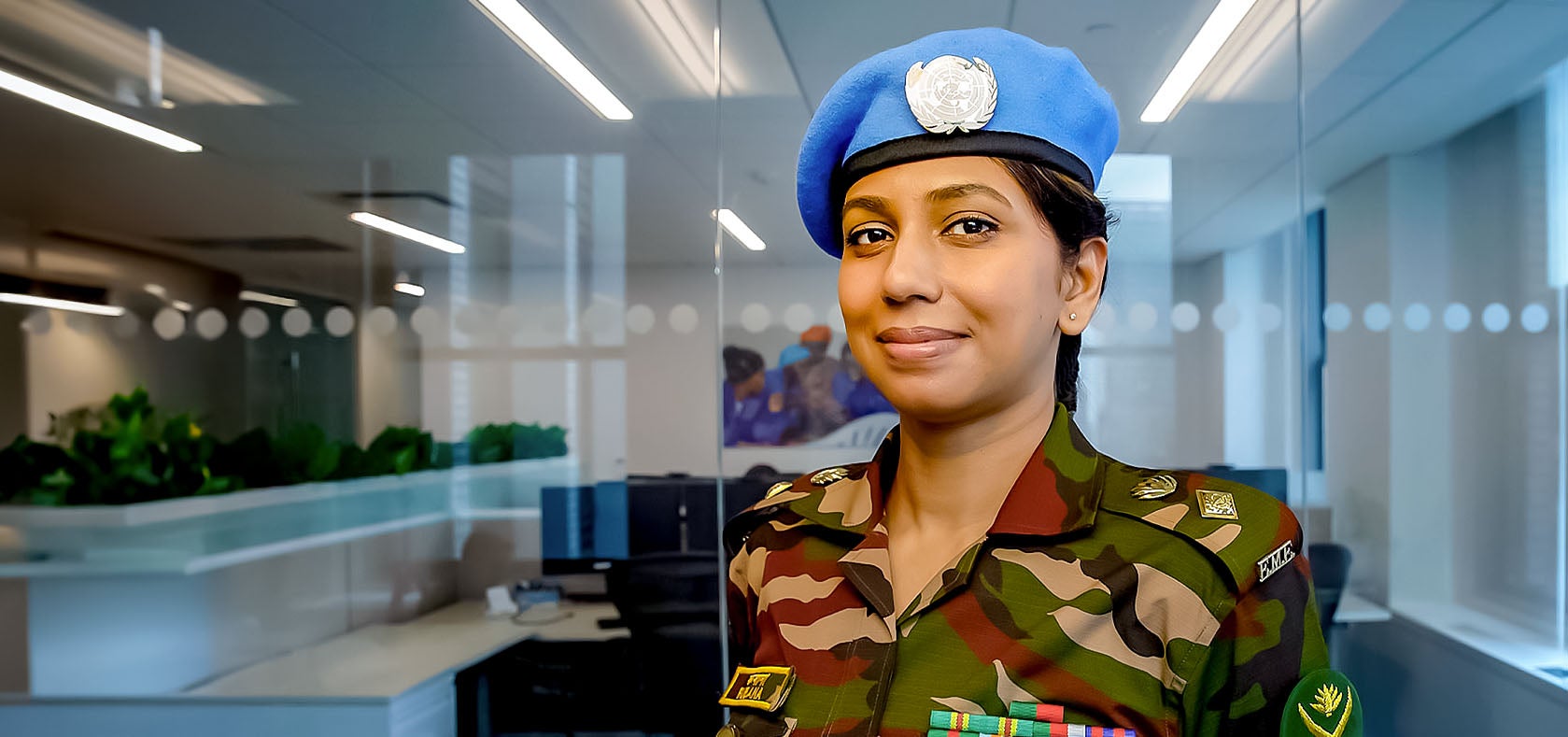
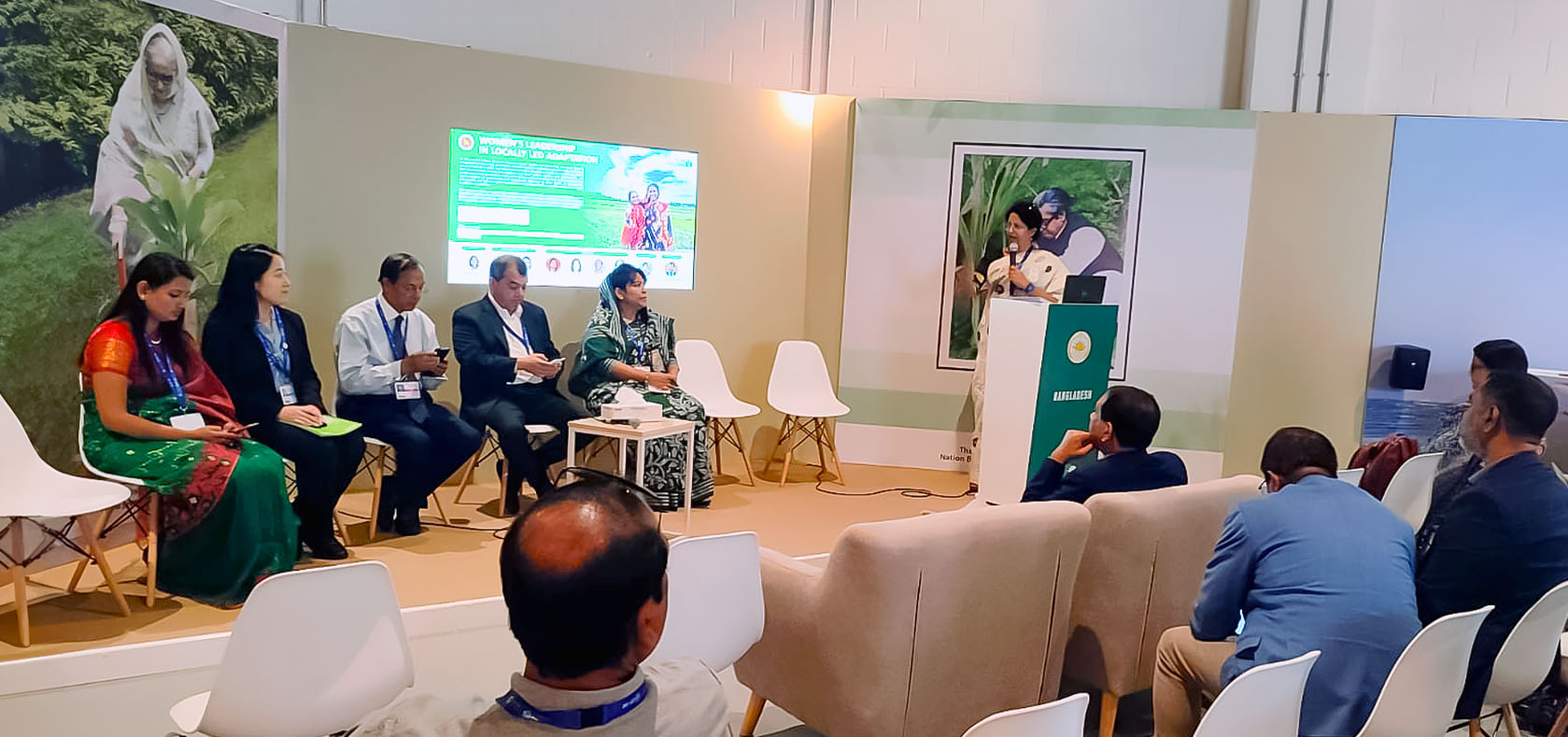
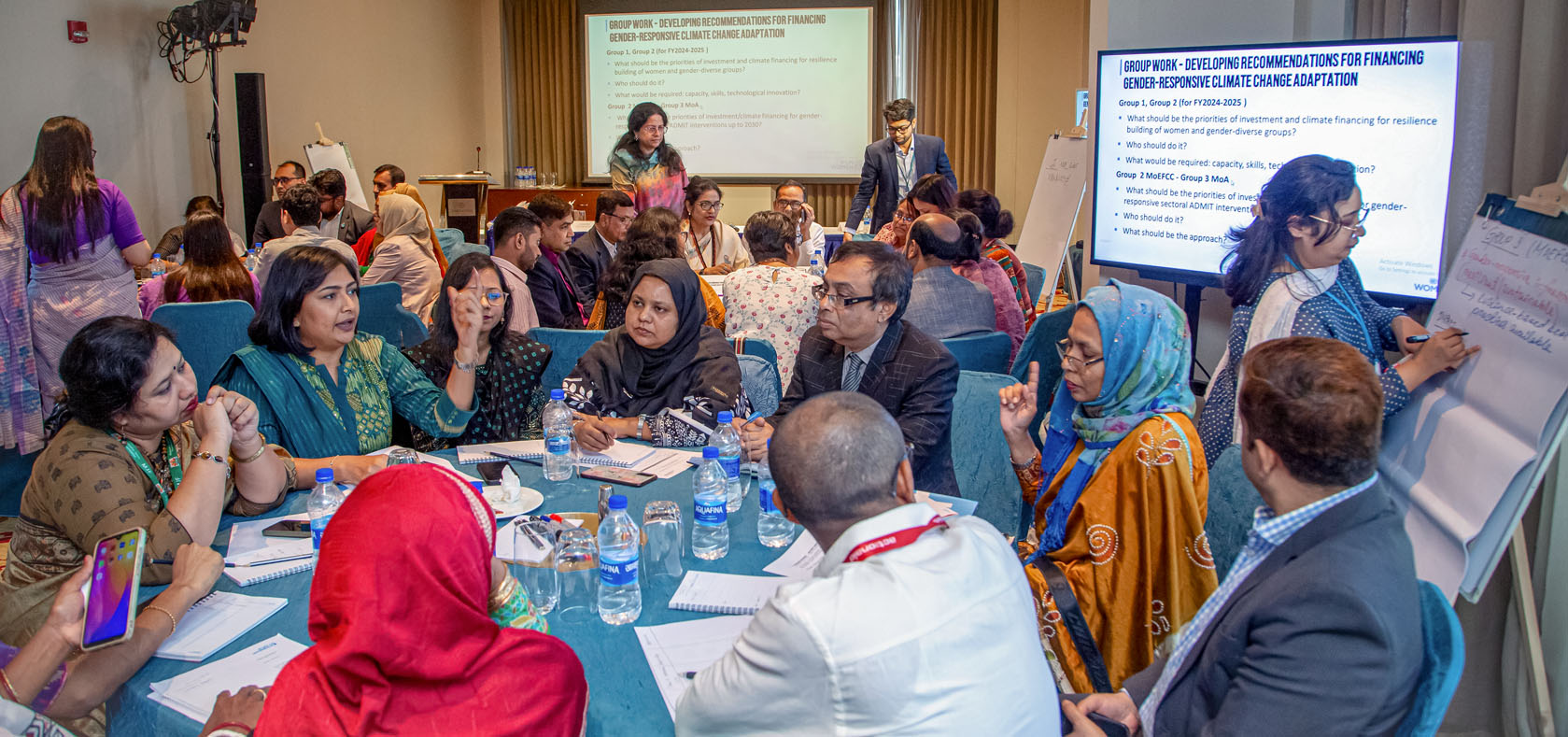
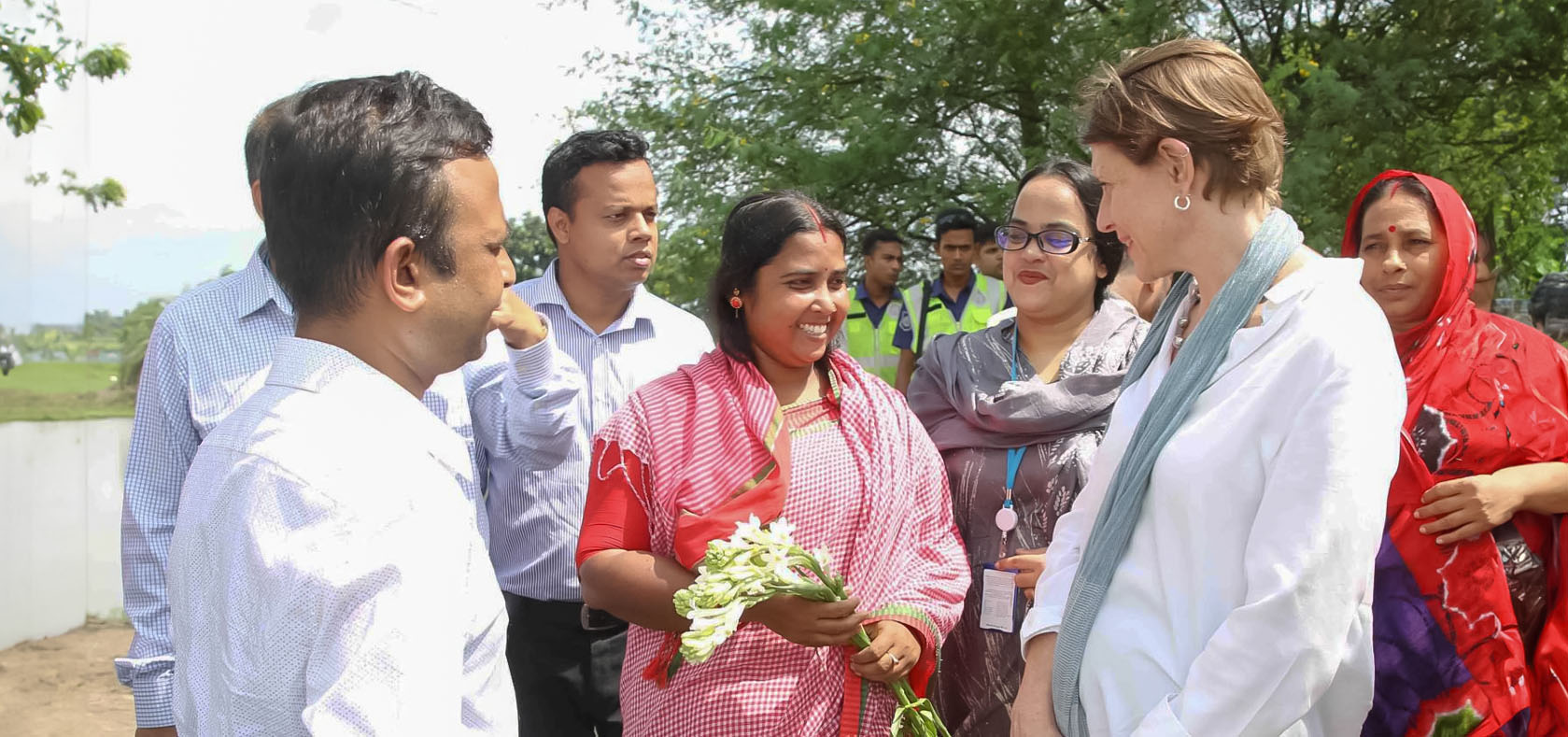
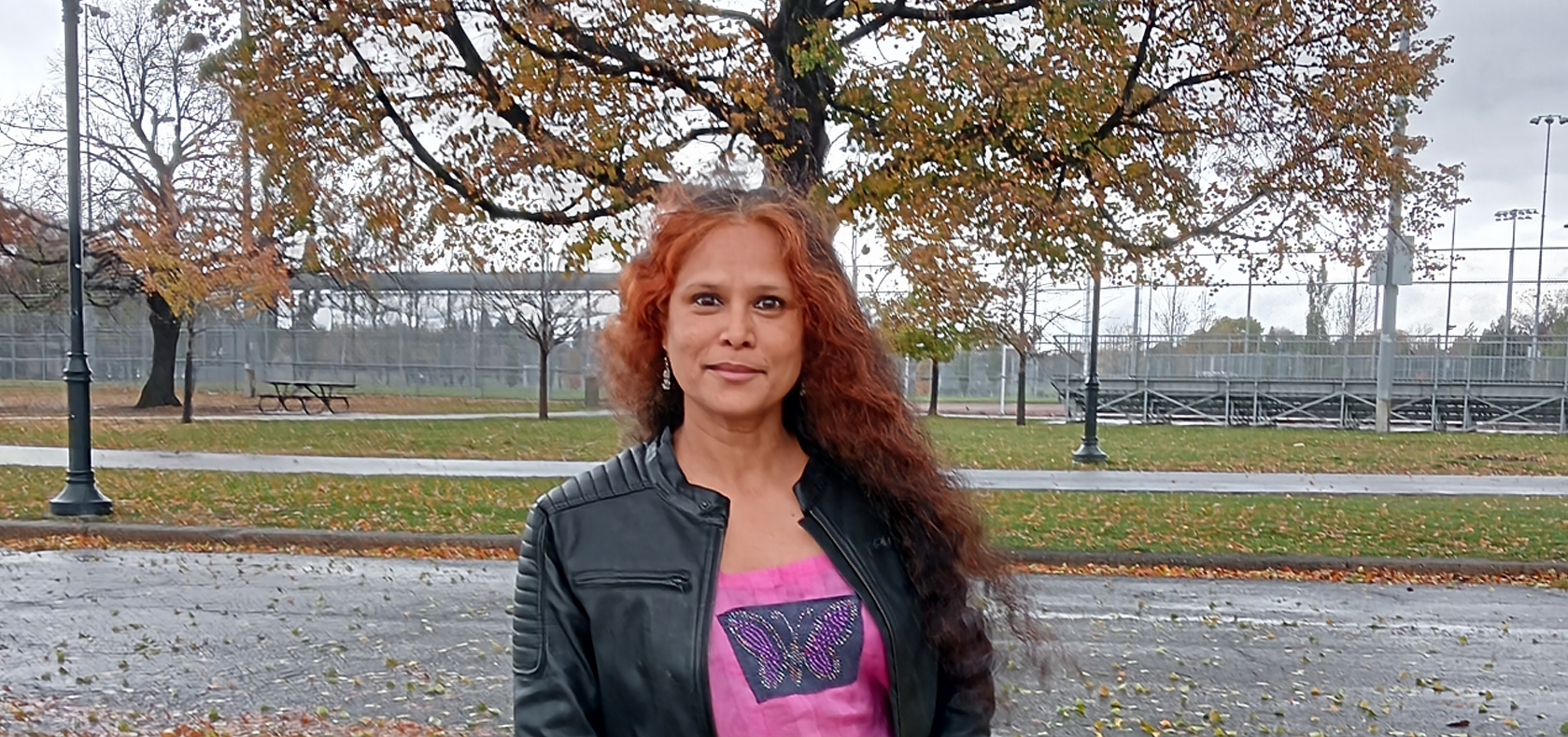
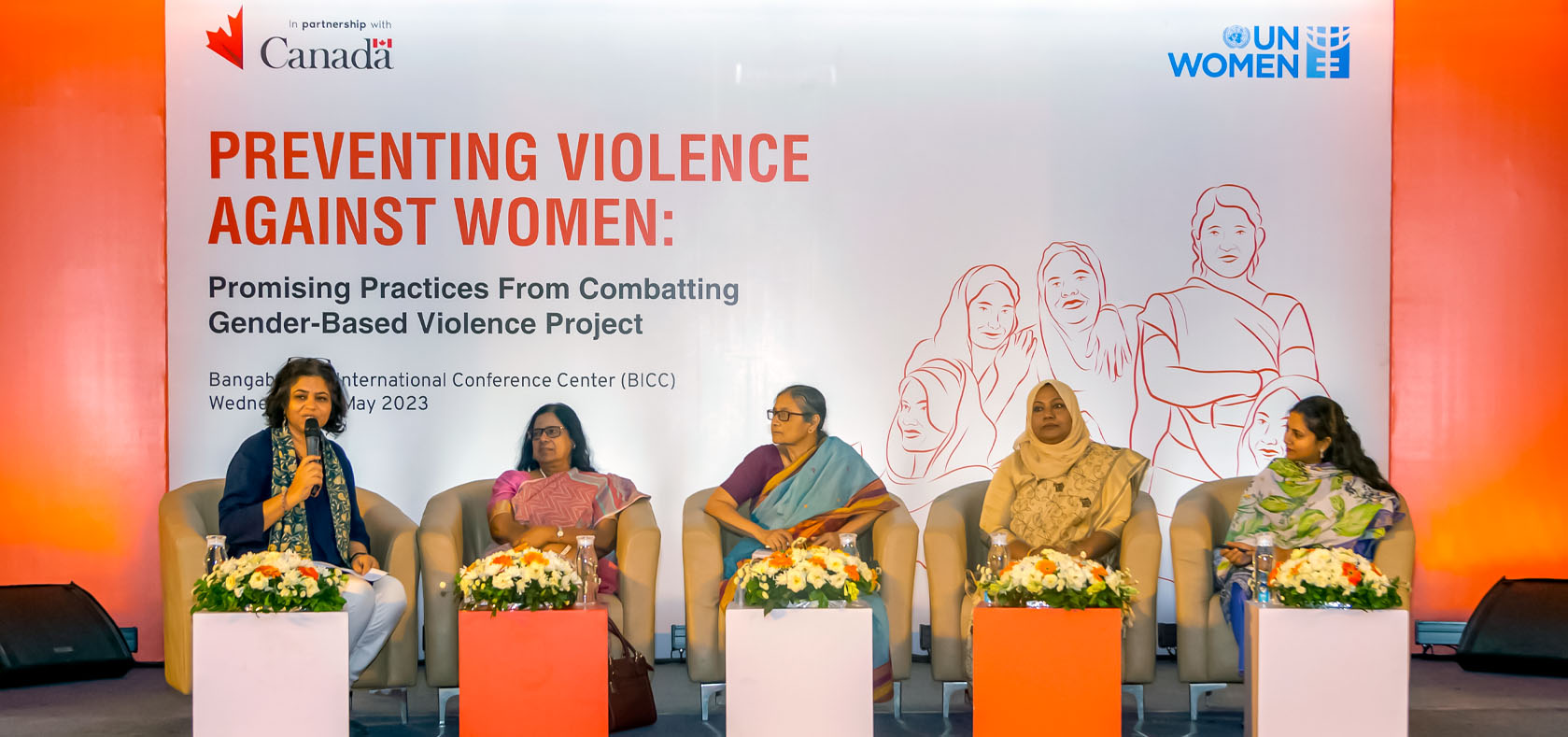
![[from left] Md. Hasanuzzaman Kallol (Secretary, Ministry of Women and Children Affairs), Fazilatun Nessa Indira MP (State Minister, Ministry of Women and Children Affairs), and Gitanjali Singh (Country Representative, UN Women Bangladesh). Photo: UN Women/Motiur Rahman](/sites/default/files/2023-03/bd-CSW67-01-1679px.jpg?t=1678093150)
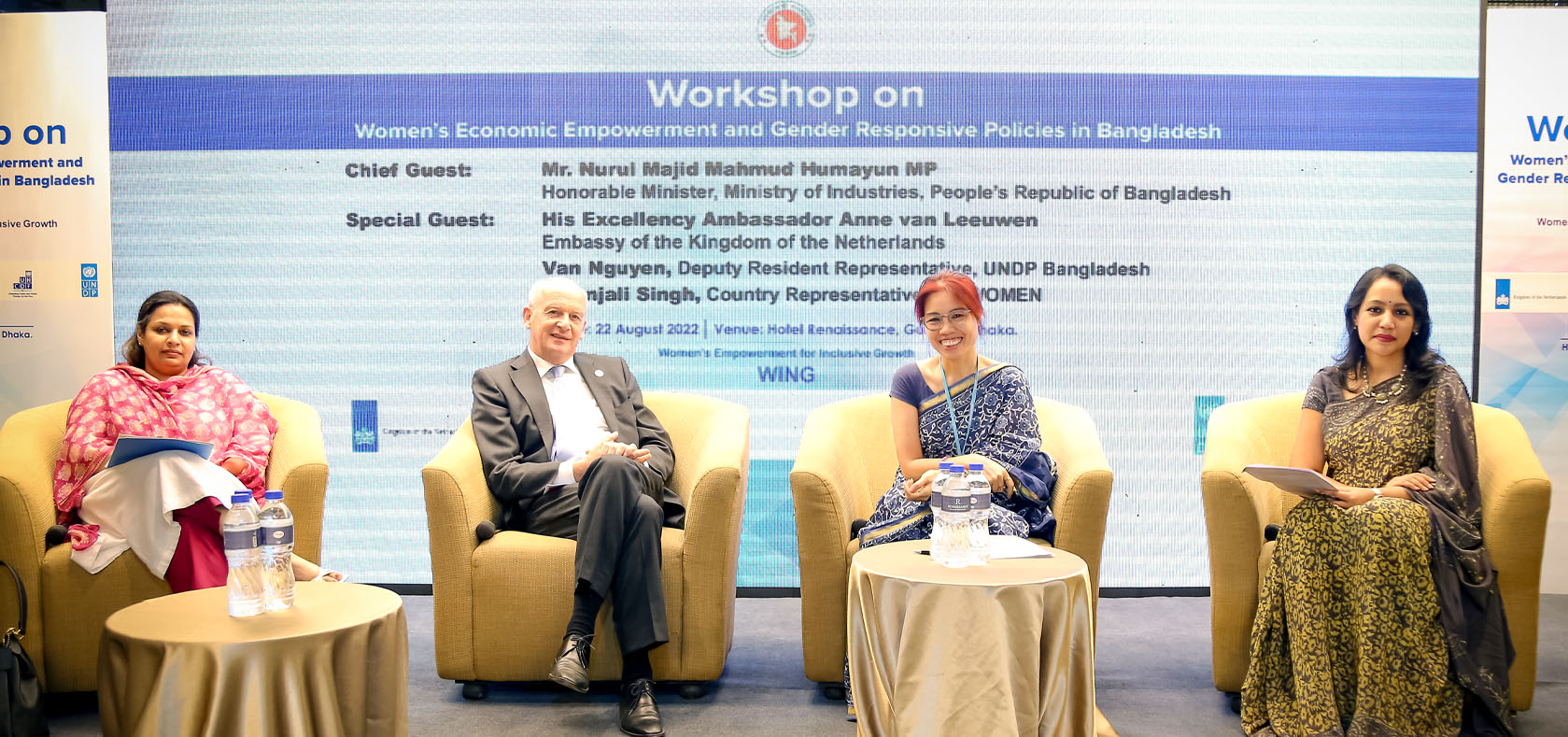
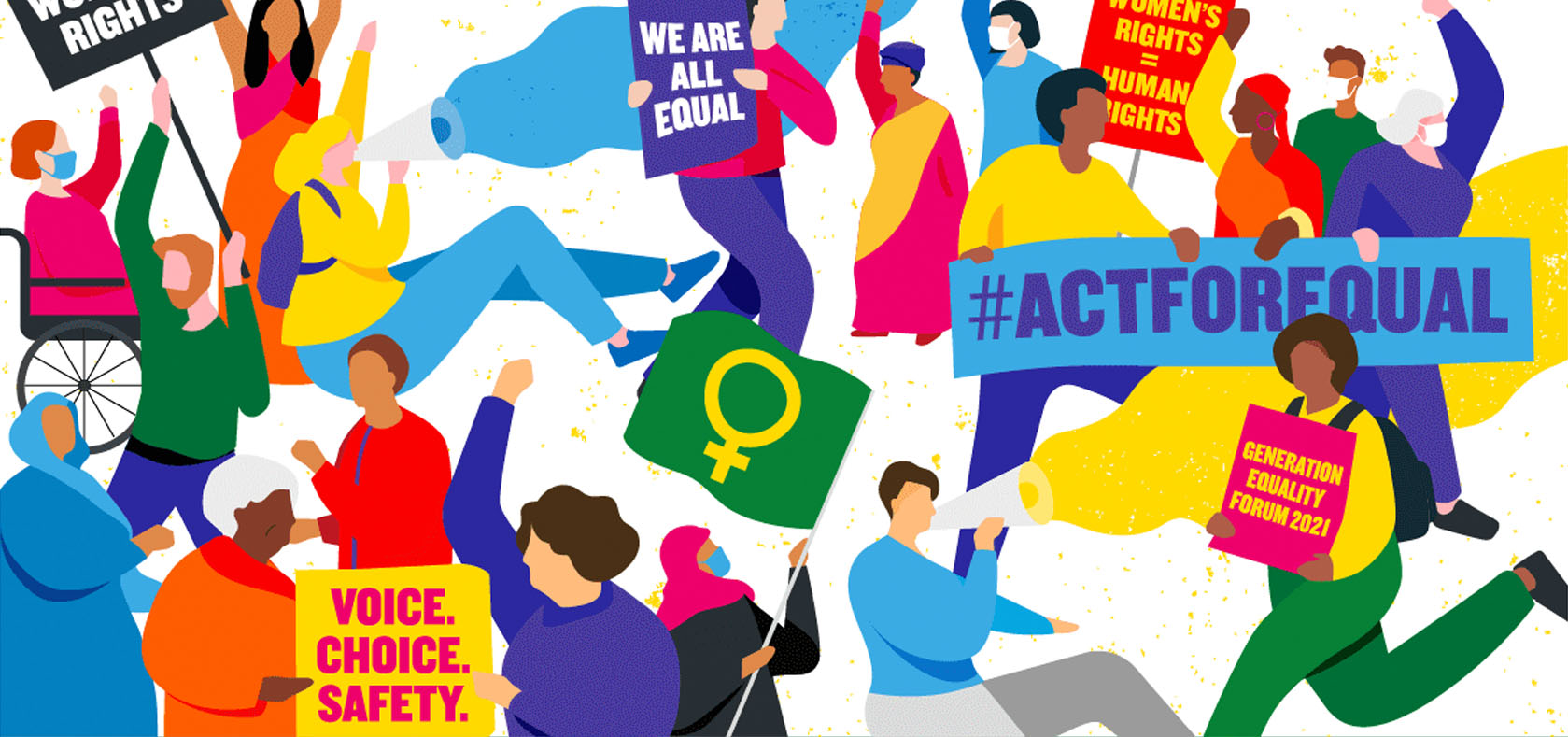
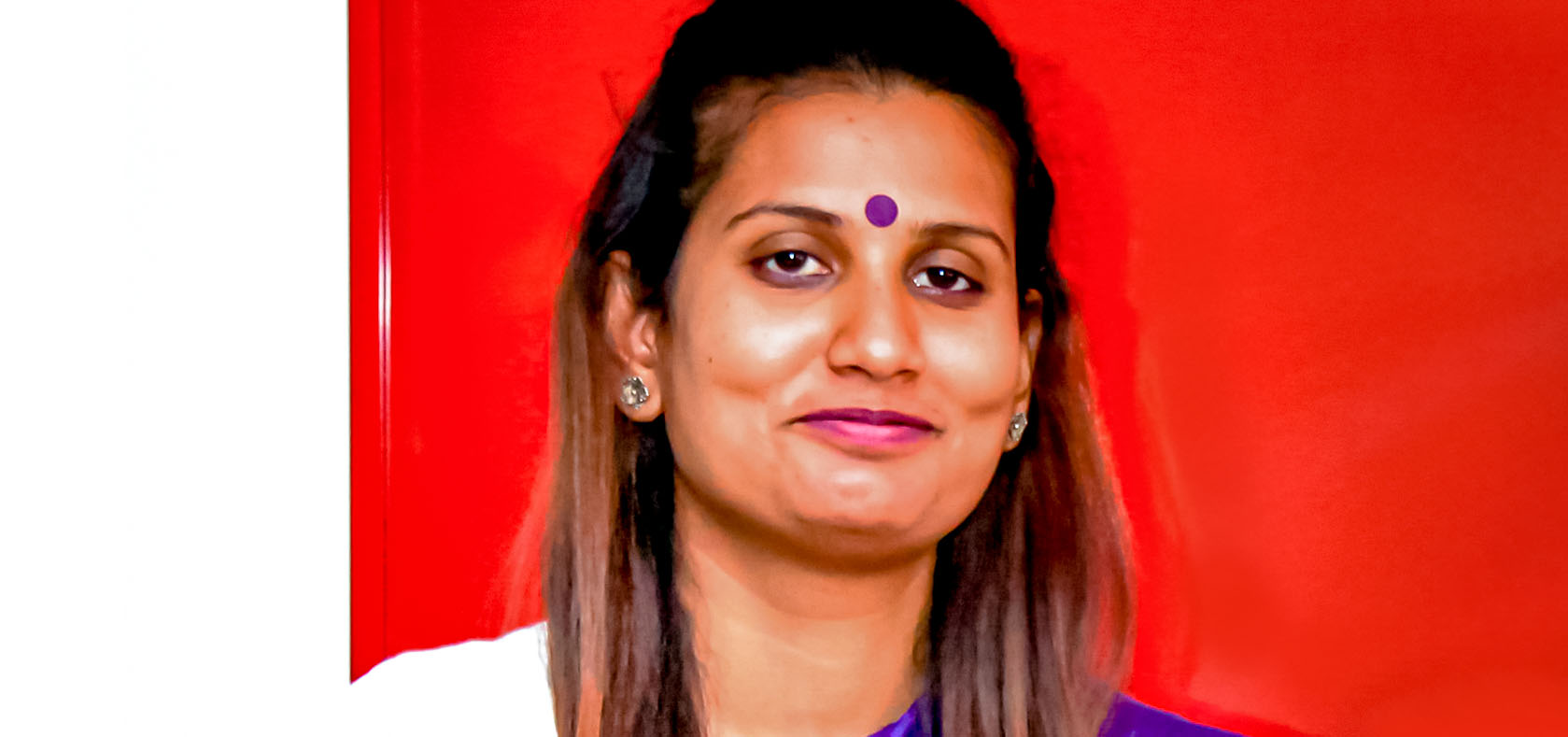
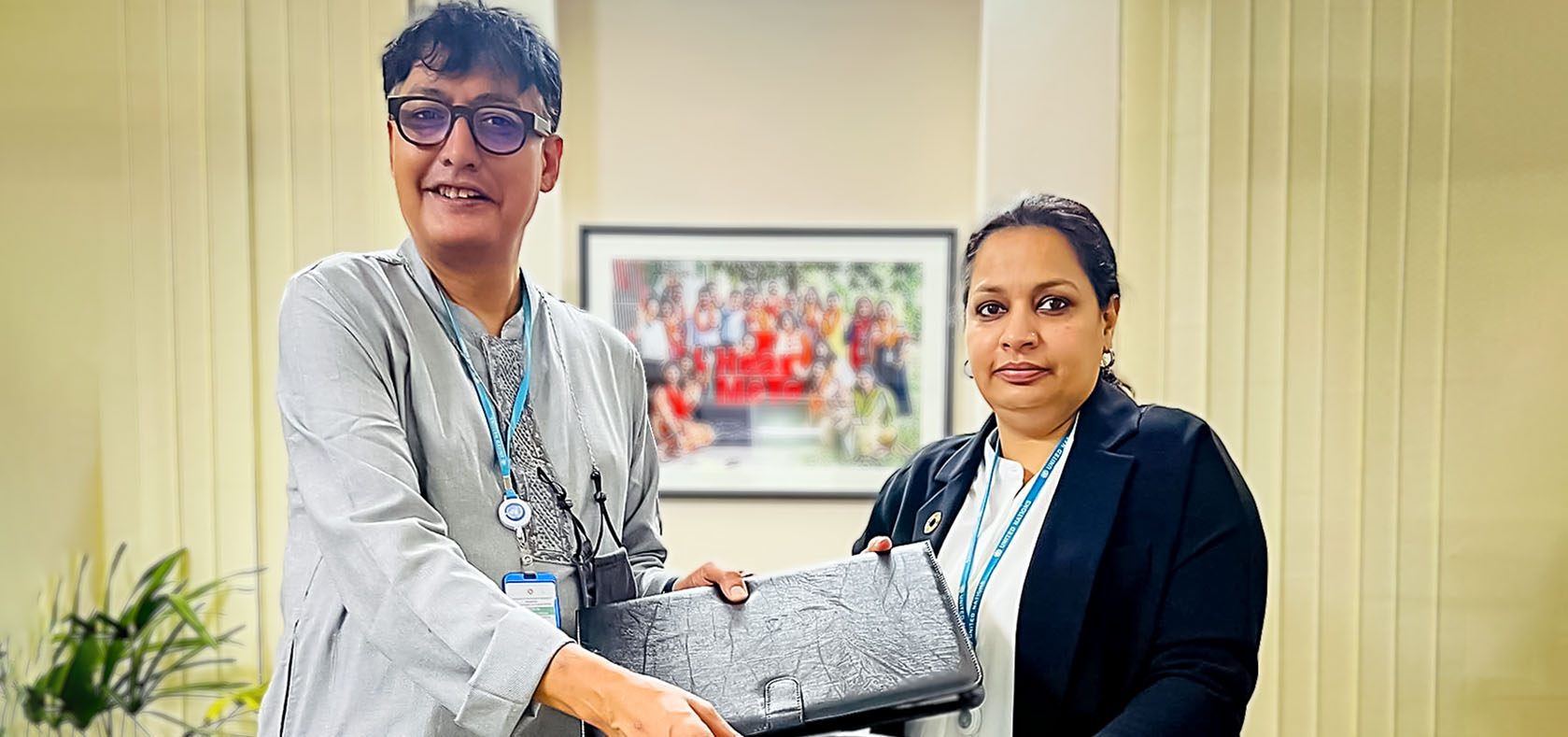
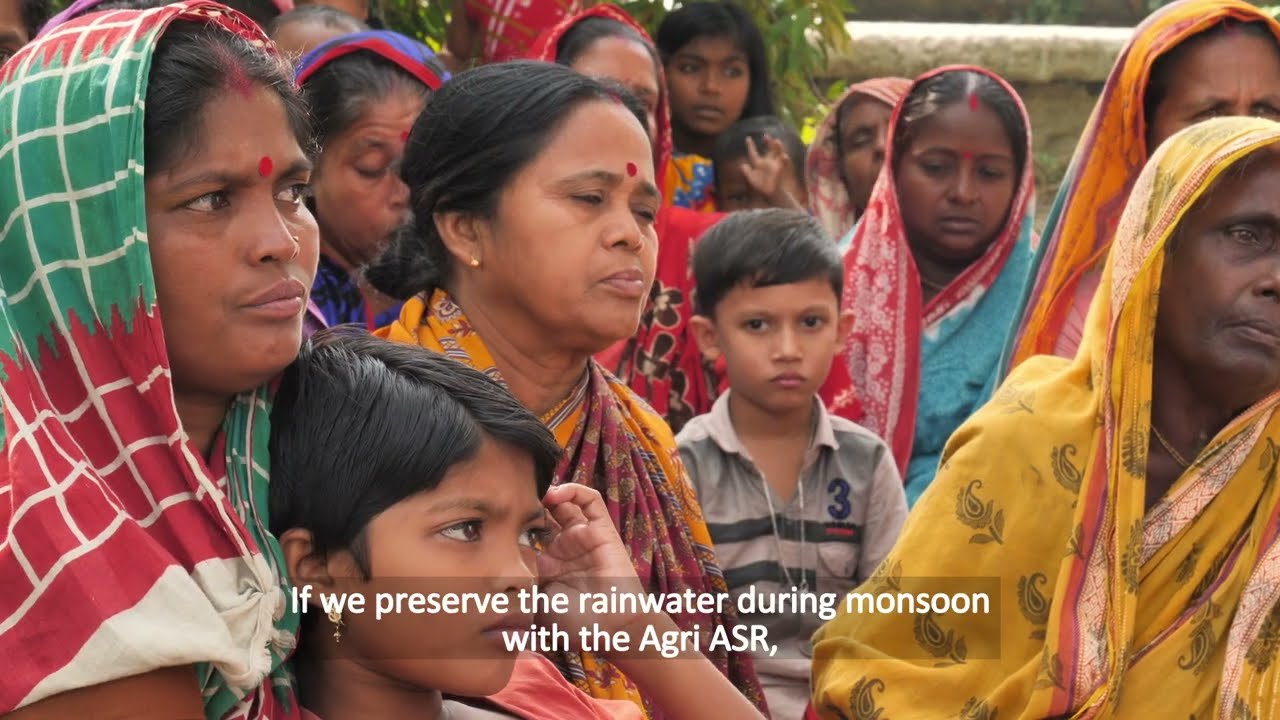
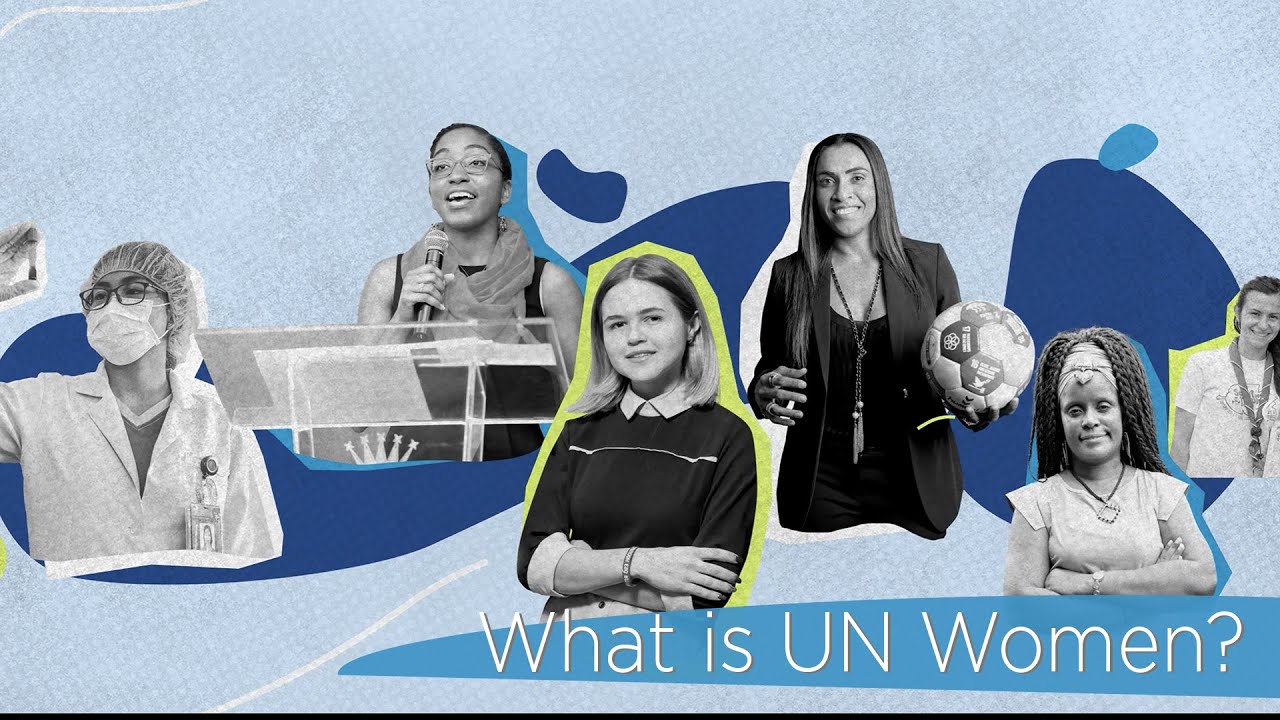
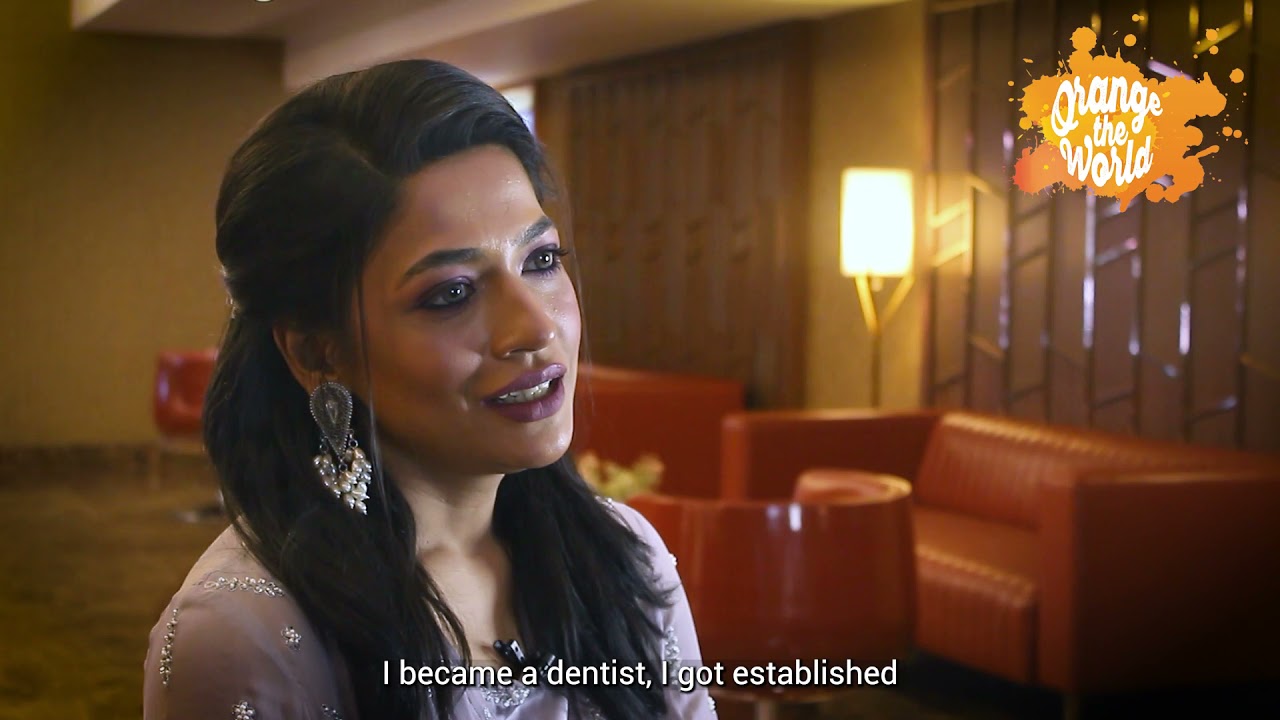
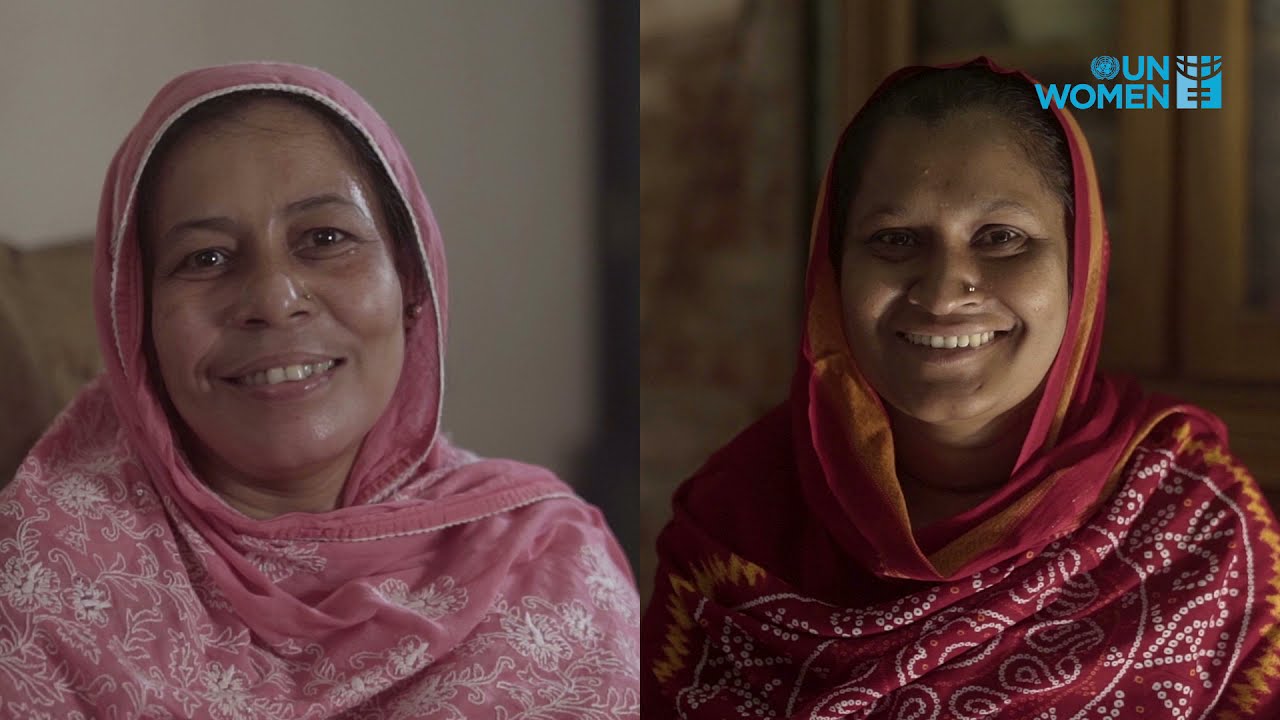
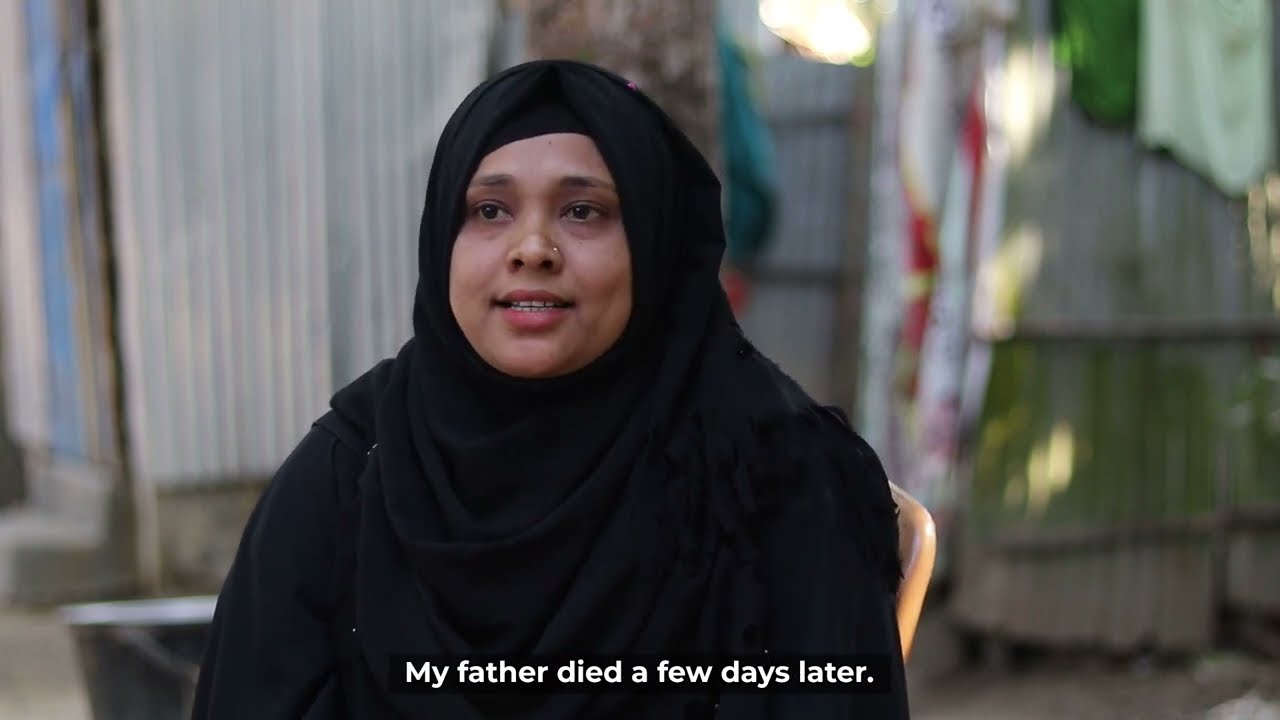
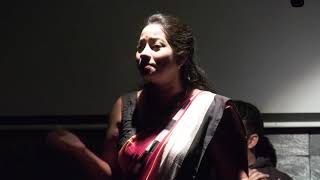
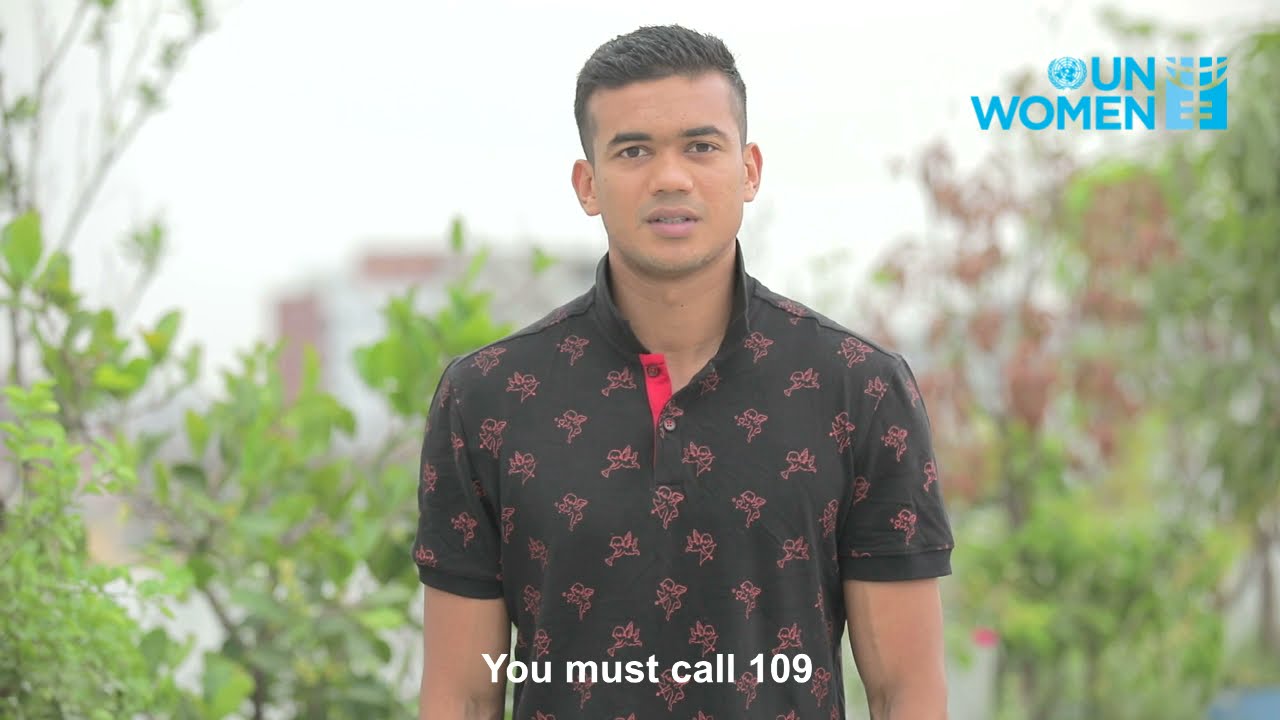
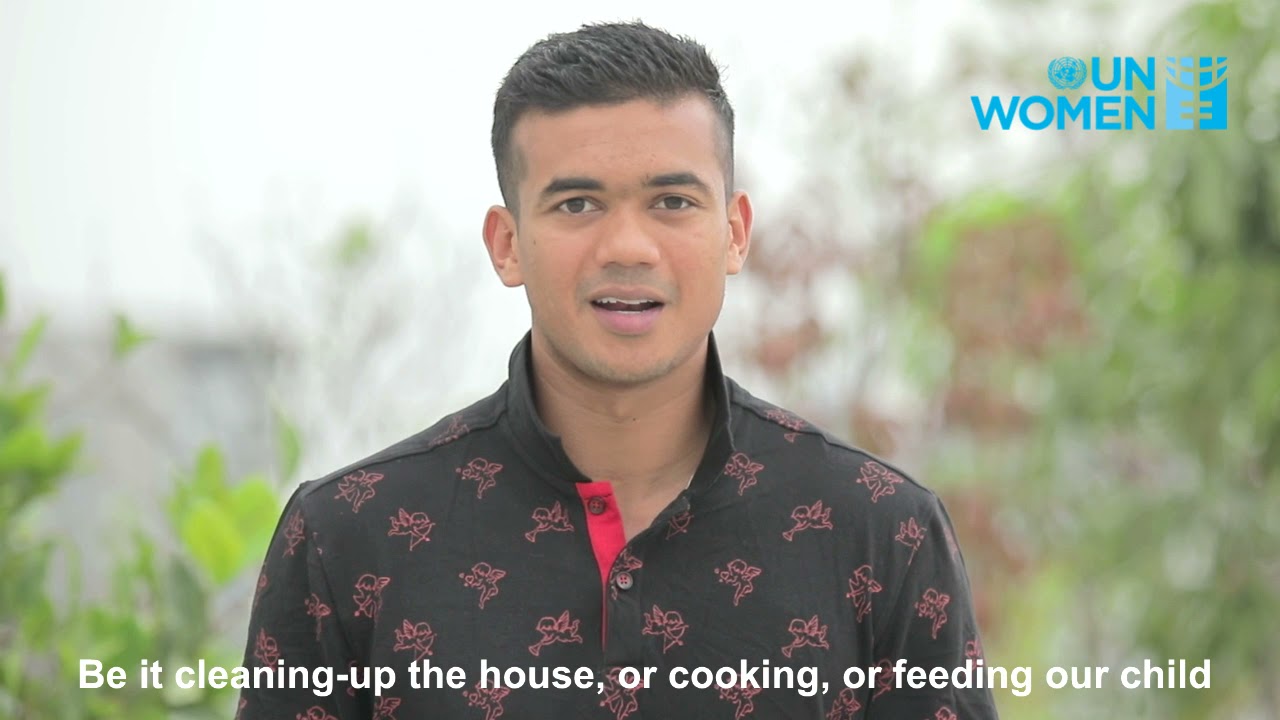
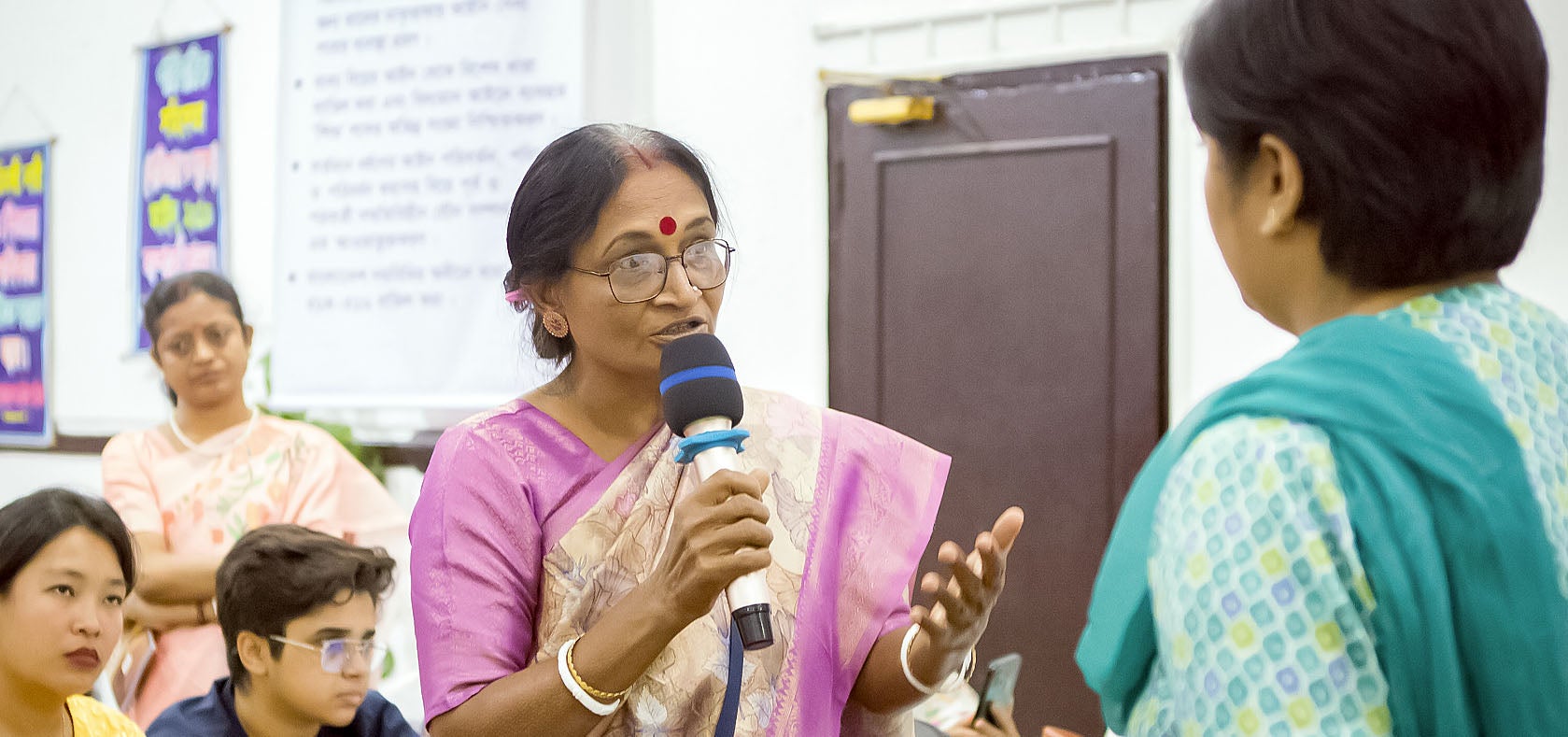
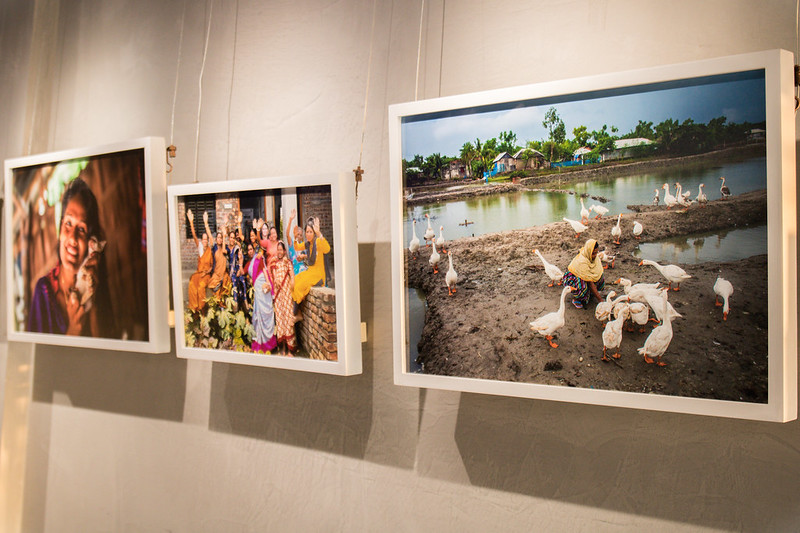
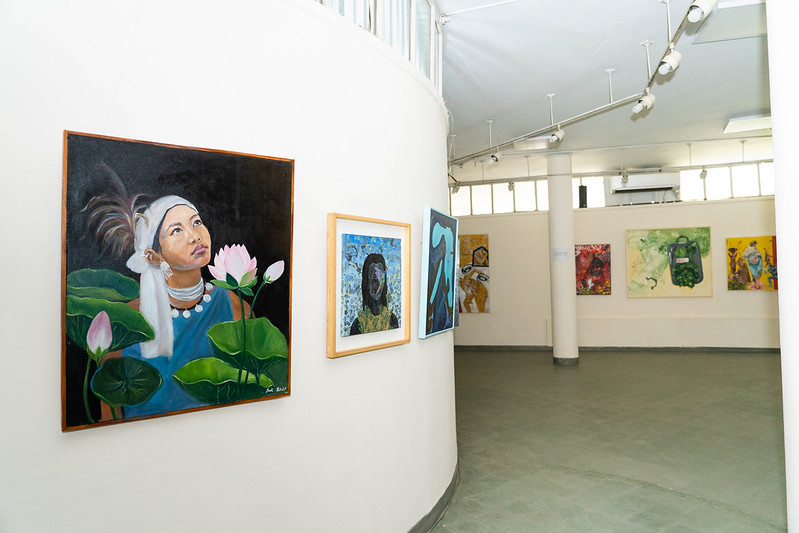
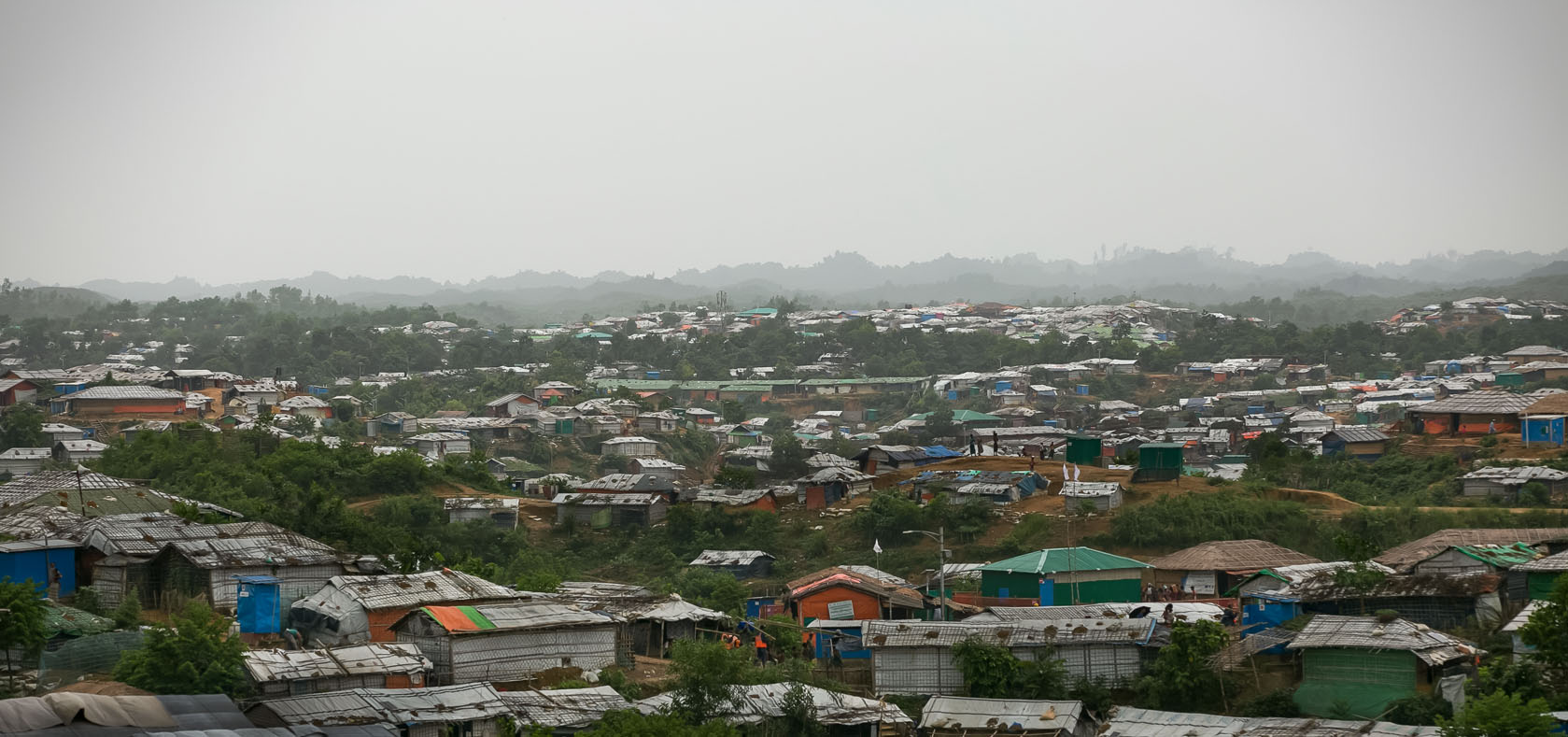
![[Cover]](/sites/default/files/2024-04/bd-c801-charter-of-demand-english-960px.jpg?t=1713242267)
![[Cover]](/sites/default/files/2024-02/bd-c652-pub2023027-el-regional-reintegration-960px.jpg)
![[Cover]](/sites/default/files/2024-02/bd-c620-un-women_newsletter_july-_december-2023-960px.jpg)
![[Cover]](/sites/default/files/2023-08/bd-unwomen-bangladesh-newsletter_janjune-2023-960px.jpg)
![[Cover]](/sites/default/files/2023-05/bd-Advocacy-Message-for-HCTT-960px.jpg)
